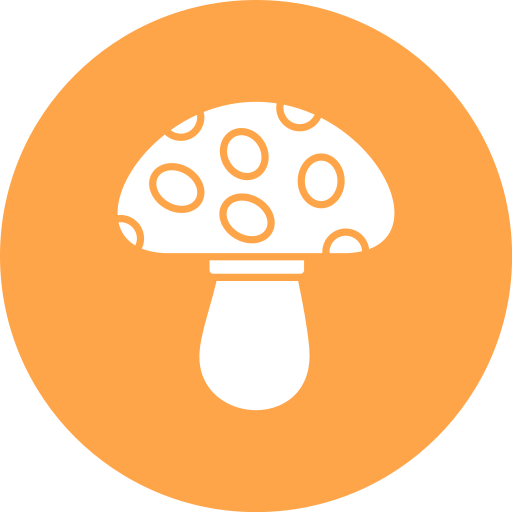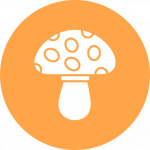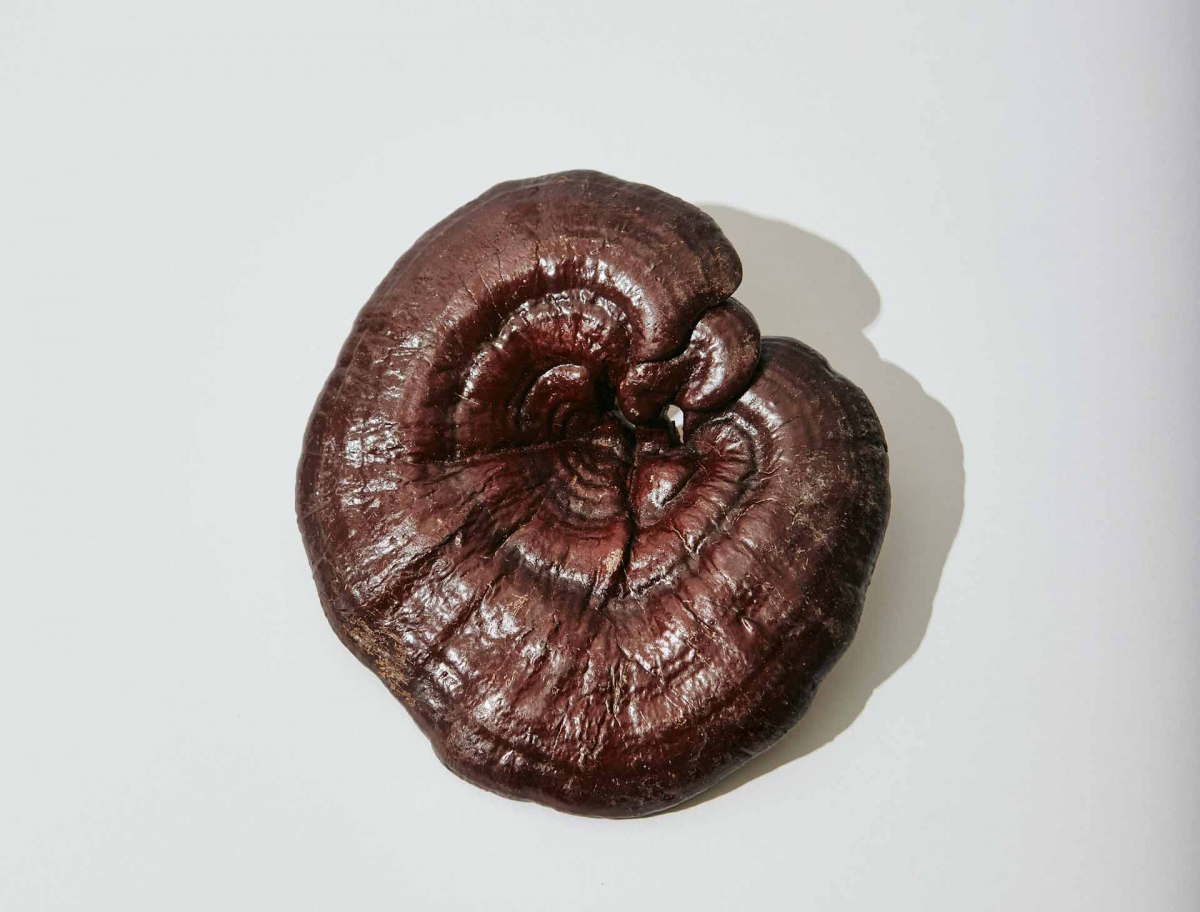In this article
In the realm of functional and medicinal mushrooms, few hold as much acclaim as the Reishi mushroom, scientifically known as Ganoderma lucidum.
Revered for centuries in traditional Chinese medicine, Reishi has garnered attention worldwide for its remarkable health benefits.
From immune modulation to cancer prevention, this fungus offers a myriad of therapeutic properties. In this comprehensive guide, we'll delve deep into the science behind Reishi mushroom and explore its three key health benefits backed by scientific evidence.
Immune-Modulating Powerhouse
Reishi mushroom is renowned for its ability to modulate the immune system, making it a valuable ally in defending the body against infections and diseases.
At the heart of Reishi's immune-boosting prowess lies its rich content of polysaccharides, particularly beta-glucans, which stimulate various immune cells, such as macrophages and natural killer cells, enhancing their activity and efficacy [1].
These bioactive compounds also play a crucial role in regulating the production of cytokines, signaling molecules that orchestrate the immune response [2].
Moreover, Reishi contains triterpenes, such as ganoderic acids, which exhibit potent anti-inflammatory effects by inhibiting pro-inflammatory pathways in the body [3].
By modulating the immune response and reducing inflammation, Reishi helps maintain immune balance and promotes overall health and vitality.
Anti-Inflammatory Elixir
Chronic inflammation lies at the root of numerous health conditions, including cardiovascular disease, diabetes, and autoimmune disorders.
Fortunately, Reishi mushroom offers a natural solution for combating inflammation and restoring balance to the body.
Studies have shown that Reishi contains bioactive compounds with powerful anti-inflammatory properties, such as triterpenoids, polysaccharides, and sterols [4].
These compounds target key inflammatory pathways, such as the NF-kappaB pathway, thereby suppressing the production of inflammatory mediators and mitigating the inflammatory response [5].
By reducing chronic inflammation, Reishi helps protect against a wide range of chronic diseases and promotes overall well-being.
Potential for Cancer Prevention and Treatment
One of the most intriguing aspects of Reishi mushroom is its potential role in cancer prevention and treatment.
Extensive research has highlighted the anticancer properties of Reishi, attributed to its diverse array of bioactive compounds.
Studies have shown that Reishi extracts exert potent antiproliferative effects on various cancer cell lines, inhibiting tumor growth and metastasis [6].
Furthermore, Reishi exhibits immunomodulatory effects that enhance the body's natural defense mechanisms against cancer cells.
By activating immune cells and promoting their cytotoxic activity, Reishi helps to recognize and eliminate cancerous cells more effectively [7].
Additionally, Reishi's anti-inflammatory properties create an inhospitable environment for tumor growth, further inhibiting cancer progression [8].
Conclusion
In conclusion, Reishi mushroom (Ganoderma lucidum) stands as a formidable force in the realm of functional and medicinal mushrooms, offering a treasure trove of health benefits.
From bolstering the immune system to combating inflammation and even potentially preventing cancer, Reishi's therapeutic potential knows no bounds.
As ongoing research continues to unveil the secrets of this ancient remedy, incorporating Reishi into your wellness routine may prove to be a wise investment in your long-term health and vitality.
Key Takeaways:
- Immune-Modulating Powerhouse: Reishi mushroom is rich in polysaccharides and triterpenes that boost immune function by enhancing the activity of immune cells and regulating cytokine production, thus promoting overall health and vitality.
- Anti-Inflammatory Elixir: Reishi contains bioactive compounds like triterpenoids and polysaccharides that target inflammatory pathways, reducing chronic inflammation and protecting against various diseases such as cardiovascular disease and diabetes.
- Potential for Cancer Prevention and Treatment: Research suggests that Reishi mushroom exhibits anticancer properties by inhibiting tumor growth and metastasis, enhancing the body's immune response against cancer cells, and creating an anti-inflammatory environment that hinders cancer progression.
Wasser SP. (2002). Reishi or Ling Zhi (Ganoderma lucidum). Encyclopedia of Dietary Supplements, 514-520.
Lin ZB. (2005). Cellular and molecular mechanisms of immuno-modulation by Ganoderma lucidum. Journal of Pharmacological Sciences, 99(2), 144-153.
Boh B, et al. (2007). Ganoderma lucidum and its pharmaceutically active compounds. Biotechnology Annual Review, 13, 265-301.
Jin X, et al. (2016). Ganoderma lucidum polysaccharides encapsulated in liposome as an adjuvant to promote Th1-bias immune response. Carbohydrate Polymers, 144, 474-482.
Gao Y, et al. (2005). Anti-tumor activity of a novel protein obtained from Ganoderma lucidum through autolysis by submerge-culture. Biotechnology Letters, 27(6), 429-435.
Sliva D. (2003). Ganoderma lucidum (Reishi) in cancer treatment. Integrative Cancer Therapies, 2(4), 358-364.
Wang SY, et al. (2002). The anti-tumor effect of Ganoderma lucidum is mediated by cytokines released from activated macrophages and T lymphocytes. International Journal of Cancer, 70(6), 699-705.
Cheng KC, et al. (2018). Ganoderma lucidum polysaccharides in human monocytic leukemia cells: from gene expression to network construction. BMC Genomics, 19(1), 1-19.



